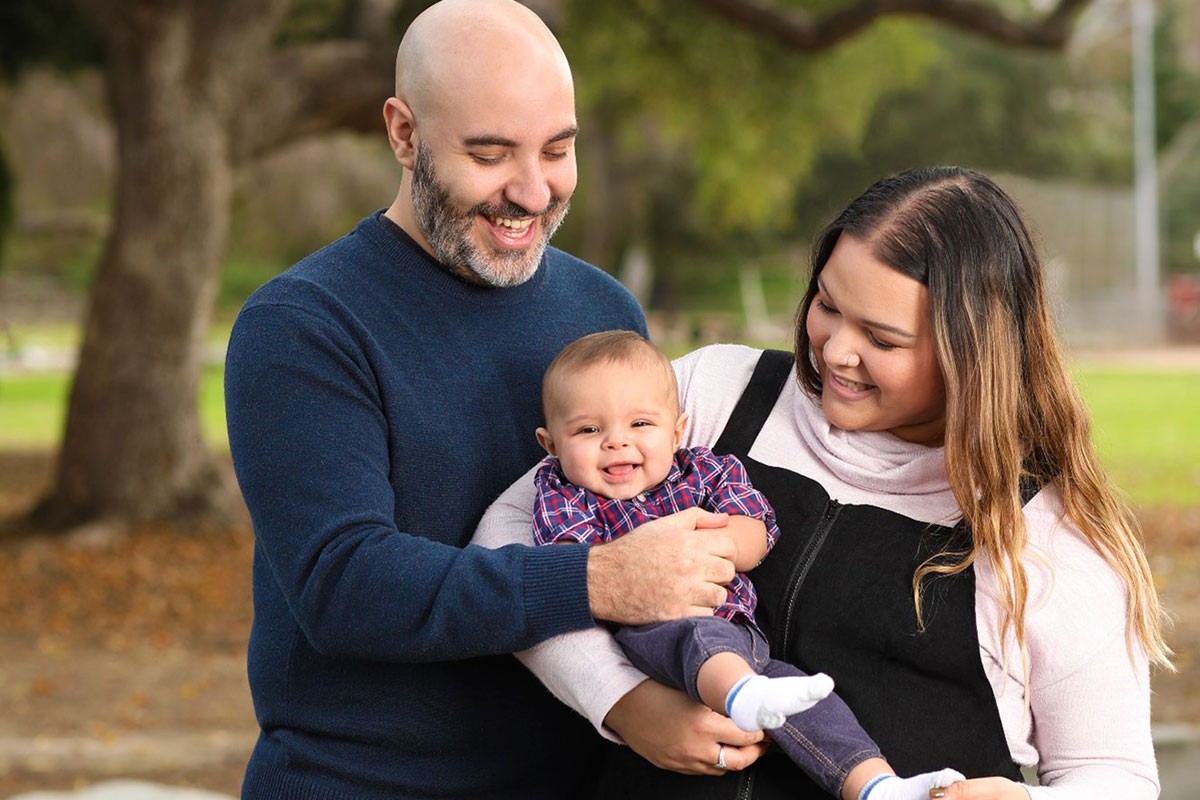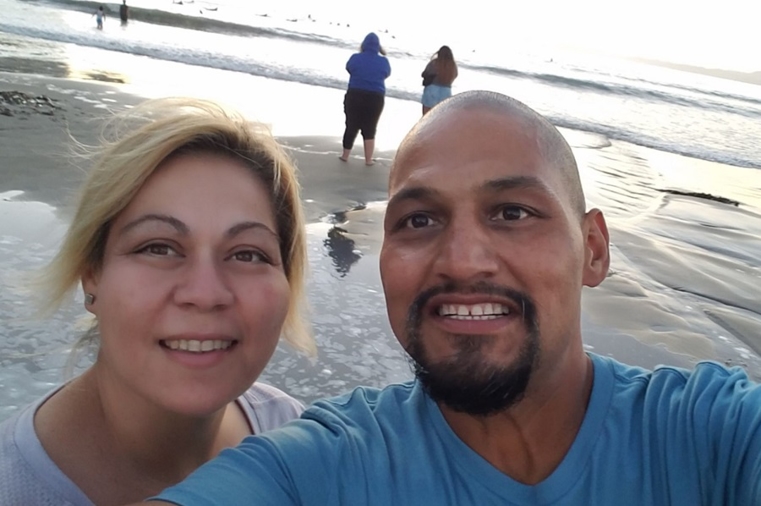Special Care for Newborns
Aug 6, 2024

When Alyssa and Matt Ott learned they were pregnant with their first baby, they spent nine months excitedly planning for the day they would bring him home. They didn’t know they would have to wait more than six weeks after his birth to do so.
“We thought he was healthy, and we didn’t expect any problems,” Alyssa recalls. But shortly after she delivered baby James via cesarean section last July at Adventist Health Glendale, a nurse thought something didn’t seem right.
“She was cleaning him up in the recovery room, and she noticed that he was quiet,” Matt says. “She called a respiratory therapist to examine him, and they recommended that he spend the night in the NICU.”
A closer look
Baby James was having trouble breathing and feeding, which could be evaluated in the neonatal intensive care unit. “They were trying to help him drink from a bottle, but his chest was working so hard all the time, trying to catch his breath,” Alyssa says.
After a diagnostic test, doctors determined that James had TAPVR, or total anomalous pulmonary venous return, a birth defect in which the veins bringing oxygen-rich blood back from the lungs go to the wrong chamber of the heart. As a result, babies with TAPVR can’t get adequate oxygen to keep their bodies functioning properly.
That wasn’t the only concern for James, either. “There’s a hole in the heart that’s usually open before a baby is born — that’s normal, and it normally closes soon after birth,” Matt says. “But his wasn’t closing.”
Transitioning home
Matt and Alyssa say one of the hardest moments was driving home alone after Alyssa was discharged from the hospital. “We had the car seat in the back, but it was empty. It was so surreal to go home without our baby,” Matt says.
Randy Miller, NICU manager at Adventist Health Glendale, says her team wanted to help get James home as soon as possible so the Otts could enjoy their life as a family of three. “We knew he would have to undergo surgery, but we hoped to wait a few months,” she says. “Our whole team made a plan to get him stable enough to go home until his operation.”
That meant giving acetaminophen treatments to close the opening in his heart, getting his respiratory rate under control and helping him eat from a bottle. Alyssa and Matt visited the NICU multiple times a day and worked with an occupational therapist to feed their newborn.
“We know it’s challenging having a baby in the NICU — it can feel like you don’t have a lot of control over the situation,” Miller says. “But we include parents in care and feeding, and they’re welcome to come at just about any hour of the day, even in the middle of the night.”
A turn of events
After five weeks, James was nearly ready to go home when his symptoms returned. “He had bad reflux, his respiratory rate was extreme again, and it seemed like he was regressing,” Matt says.
Doctors determined it was time to operate on James’ heart. He was rushed to surgery at Children’s Hospital Los Angeles, where skilled physicians corrected the flow of oxygenated blood. Not long after, Alyssa and Matt were finally able to bring their baby boy home, where he has thrived in the months since.
Matt says the chaotic transition, while not ideal, prepared them for life with a little one. “Parents tend to have plans for their children, and it doesn’t always go that way,” he says. “We got a crash course in expecting things to go one way and having a completely different experience.”
The Otts say they’re grateful to their medical team for helping them through a challenging time. In fact, when Matt won the game show “Jeopardy” late last year, he gave a shout-out to the whole NICU team.
“We grew so close to them,” Alyssa says. “We had nurses in tears giving us hugs as we walked out. They loved James, and we loved them.”


